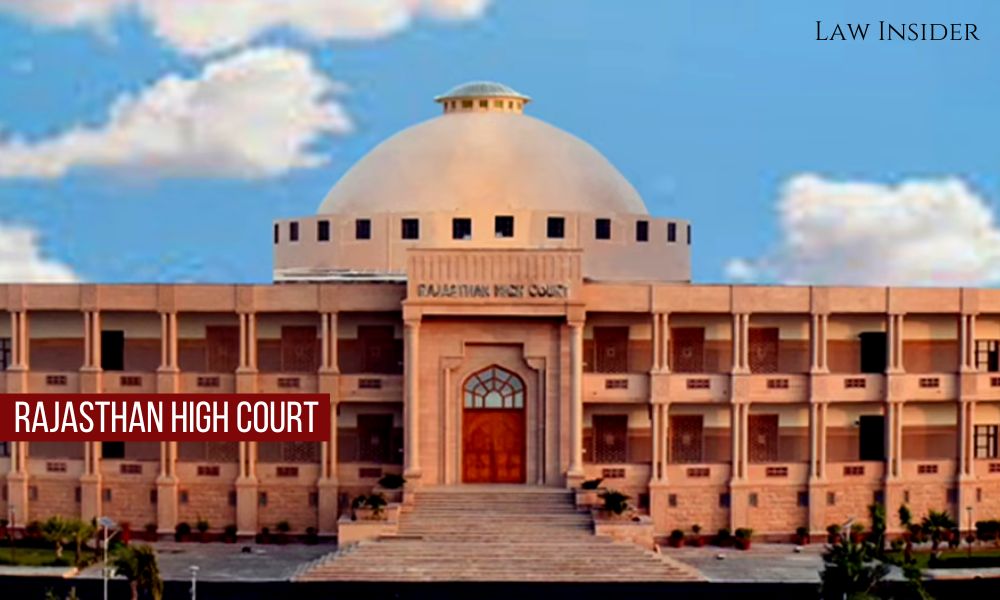LI Network
Published on: October 4, 2023 at 12:30 IST
The Rajasthan High Court has overturned the conviction of a man for the murder of his wife and directed the State Government to compensate him with ₹25 Lakhs within three months due to his unjust incarceration for over 12 years, resulting from “malicious prosecution.”
A bench consisting of Justice Pankaj Bhandari and Justice Bhuwan Goyal recognized that monetary compensation could not adequately compensate the accused but emphasized the need to send a message to society and those acquainted with the accused.
The court emphasized that the accused was, in fact, a victim who lost his wife but was falsely implicated in the case and had to spend over 12 years and 4 months in custody, during which he was separated from his three minor children.
The acquittal was based on the finding that the deceased, the accused’s wife, had actually committed suicide, and the accused-appellant was wrongly implicated by the prosecution.
Case Summary:
According to the prosecution, the victim recorded a parchabayan (later treated as a dying declaration) stating that her husband had poured kerosene on her and set her on fire on May 13, 2011, over dowry demands, resulting in her injuries. An FIR was filed against the accused husband for offenses under Section 498-A & 307 of the IPC, along with his mother-in-law and sister-in-law.
During the treatment, the victim passed away, and the Investigating Officer added a charge under Section 302 IPC. After a thorough investigation, the police filed a charge sheet against the accused-appellant only under Sections 498-A, 307, and 302 IPC. The Trial Court subsequently sentenced the accused-appellant to life imprisonment.
In his defense, the accused claimed that at the time of the incident, he was taking a bath and rushed to the scene upon hearing his wife’s cries. In the process of trying to save her by pouring water, his hands’ hair got singed by the flames.
The High Court observed that the child witness (the son of the deceased and the accused) was not an eyewitness to the incident but merely heard loud noises and saw his father taking a bath when he arrived at the scene. The court found that this witness could not be considered an eyewitness to the alleged incident and criticized the Trial Court for incorrectly designating him as such.
Regarding the credibility of the parchabayan (dying declaration), the High Court noted several irregularities, such as its recording by a non-gazetted officer, the absence of independent witnesses, and the lack of palm burns on the victim, which raised suspicions about its authenticity.
The Court also questioned why, if it were a case of the victim being forcibly set on fire, she did not cry out for help or raise an alarm.
In light of these findings, the High Court concluded that the case was one of suicide and directed the state government to compensate the accused with ₹25 Lakhs for his wrongful prosecution and the infringement of his liberty under Article 21 of the Constitution of India.

